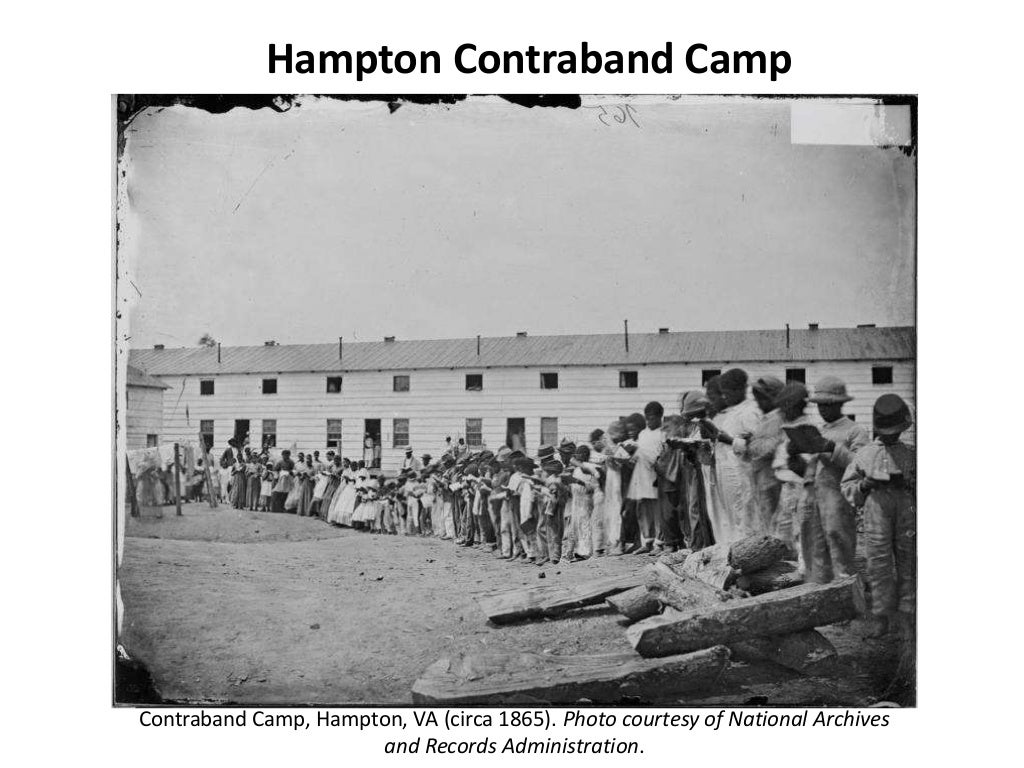

While there were nurses, camp followers, and some women who disguised themselves as men, camp life was overwhelmingly male. Northerners were glad to barter these for southern tobacco.įigure 1. Pennsylvania Light Artillery, Battery B, Petersburg, Virginia. Confederate soldiers prized northern newspapers and coffee. Neither side could consistently provide supplies for their soldiers, so it was not uncommon, though officially forbidden, for common soldiers to trade with the enemy. Sometimes items were even exchanged between camps from each side. News of battles, events in Europe, politics in Washington and Richmond, and local concerns were voraciously sought and traded within the army camps. Soldiers also read, and newspapers were in high demand. These were highly literate armies nine out of every ten Federals and eight out of every ten Confederates could read and write. Letters home served as a tether linking soldiers to their loved ones. Soldiers devised clever ways of dealing with the boredom of camp life. Picketing or foraging afforded welcome distractions to the monotony. Soldiers in both armies grew weary of the routine. Weapon inspection and cleaning followed, perhaps one final drill, dinner, and taps around nine or nine thirty in the evening. A typical day began around six in the morning and involved drill, marching, lunch break, and more drilling followed by policing the camp. Daily life for a Civil War soldier was one of routine. Military life consisted of relative monotony punctuated by brief periods of horror.

Explain the role disease played amongst the Union and Confederate armies.Describe the daily life of a Civil War soldier.


 0 kommentar(er)
0 kommentar(er)
